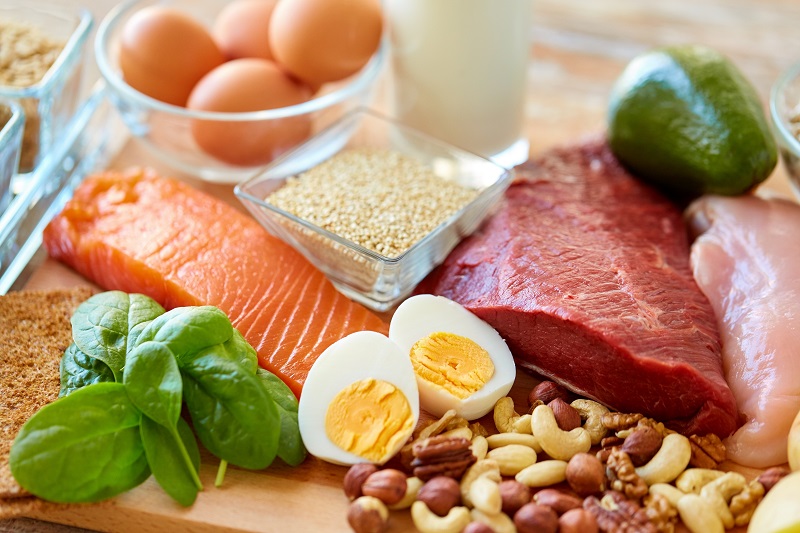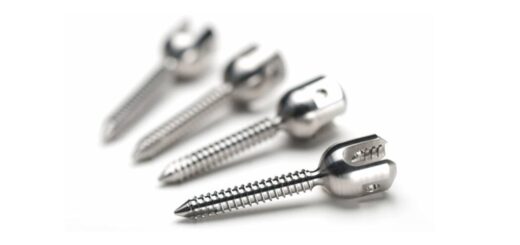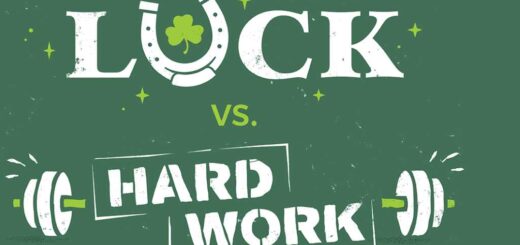Foods rich in vitamin B
Vitamin B is a vitamin complex made up of 8 different types, vitamins B1, B2, B3, B5, B6, B8, B9, and B12. All of them promote metabolism and help the body to function properly. Group B vitamins are acquired through a series of foods that provide us with an increase in energy, proper development, growth, and cell division, improve the production of hormones, enzymes, and proteins necessary for our metabolism, favor arterial health and heart, and help increase defenses. For all these benefits, it is essential that you incorporate foods rich in vitamin B into your diet and help your body function properly.
Steps to follow:
Step: 1
Vitamin B1 or thiamine is essential for the nervous and circulatory systems. Foods rich in vitamin B1 are pork, liver, eggs, shellfish such as lobster and oysters, fish such as tuna and pompano, seeds such as sesame or sunflower, butter, nuts such as pine nuts or pistachios, white beans, asparagus, cauliflower, mushrooms such as mushrooms, orange, garlic, and potatoes.
Step: 2
Vitamin B2 or riboflavin intervenes in the nervous system favoring the creation of enzymes, essential for the release of energy produced by fats, carbohydrates, and proteins. Foods rich in vitamin B2 are, above all, milk and all dairy products, such as yogurt, meats such as beef, pork or lamb, liver, organ meats, fish, spinach, asparagus, wheat germ, and whole grains. , and fruits like avocado.
Step: 3
Vitamin B3 or niacin favors the reduction of cholesterol and triglycerides and improves blood circulation, among other functions. Foods with a higher source of vitamin B3 are liver and kidneys, red meat, fish such as tuna, dairy products, eggs, broccoli, tomatoes, asparagus, fruits such as bananas, legumes, whole grains, and nuts. An excess of this vitamin can cause dry skin and digestive diseases.
Step: 4
Vitamin B5 or pantothenic acid should be included in our diet since it is very beneficial for cell processes and the elimination of carbohydrates and fats from our bodies. Foods rich in vitamin B5 are, above all, chicken liver, which provides the largest amount of this vitamin, caviar, cheese, fish such as salmon, egg yolk, dairy products, bran wheat, pipes, fruits such as avocado or strawberries, nuts, broccoli, cauliflower, royal jelly, whole wheat, corn, and legumes.
Step: 5
Vitamin B6 or pyridoxine is essential for the metabolism of red blood cells and the functioning of the nervous and immune systems. The foods with the highest amount of vitamin B6 are wheat bran, rice, turkey liver, fish such as yellowfin tuna, salmon, and cod, pork tenderloin, chicken breast, spices and herbs such as paprika, garlic powder, sage, basil or oregano, nuts such as pistachios or hazelnuts, garlic, chickpeas, potatoes, spinach, soybeans and fruits such as bananas or avocados.
Step: 6
Vitamin B8, biotin, or vitamin H, is important to include in our diet because it favors the functioning of the skin and is essential for proper growth and development. It is involved in the creation of glucose and the evolution of the sexual glands. Foods rich in vitamin B8 are, above all, beef liver, egg yolk, brewer’s yeast, wheat germ, cauliflower, legumes, carrots, whole milk, and fruits such as strawberries, hazelnuts, and chocolate. In addition, there are different complexes on the market in the form of capsules, ideal to complement your diet that can provide us with vitamin B and are made 100% naturally using brewer’s yeast. A good example would be the ones you can buy at Anastore.
Step: 7
Vitamin B9 or folic acid is essential for the growth and proper functioning of the nervous system and the brain. In addition, it favors the reduction of amino acids in the blood, and for pregnant women, it is very beneficial since it helps the development of the placenta and the fetus. The foods with the highest amount of vitamin B9 are vegetables, especially spinach, legumes, orange juice, asparagus, fruits such as bananas, melons or strawberries, lemon, and yeast.
Step: 8
Vitamin B12 or cobalamin is the most important of the B vitamin complex since it promotes the formation of red blood cells and helps maintain the functioning of the central nervous system, among other functions. The foods with the highest source of vitamin B12 are shellfish, especially clams, mussels, and oysters, lamb, cow or veal liver, chicken egg yolk, octopus, mackerel and fish with the most vitamin B12, beef, Swiss cheese, and dairy products like yogurt.
Vegetable foods are not usually a good source of vitamin B12, so vegetarians should resort to soy milk, tofu or cereals, which have a small amount of cobalamin.














